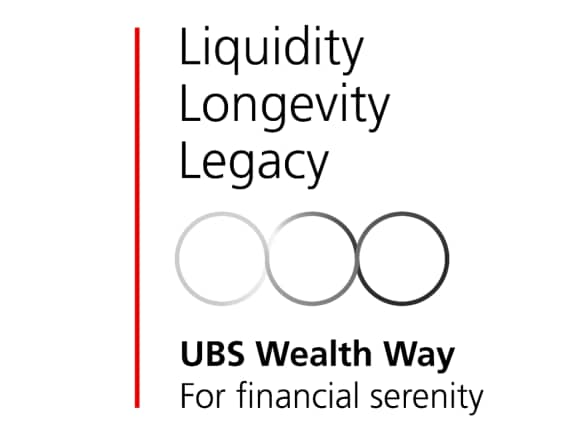What does our expert say? – Assets
Your own home: life goal or investment?
Good planning will help ensure sufficient liquidity for a comfortable retirement, despite the capital tied up in your home. Real estate expert Katharina Hofer explains what you need to know.




